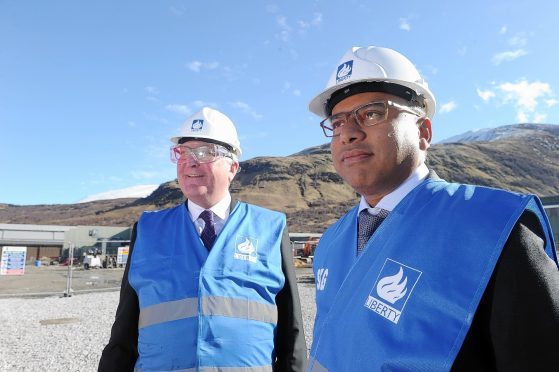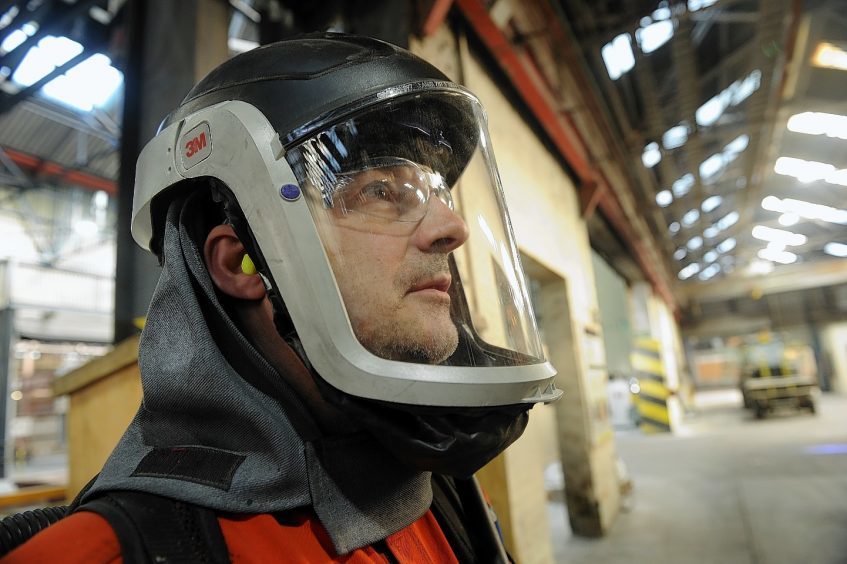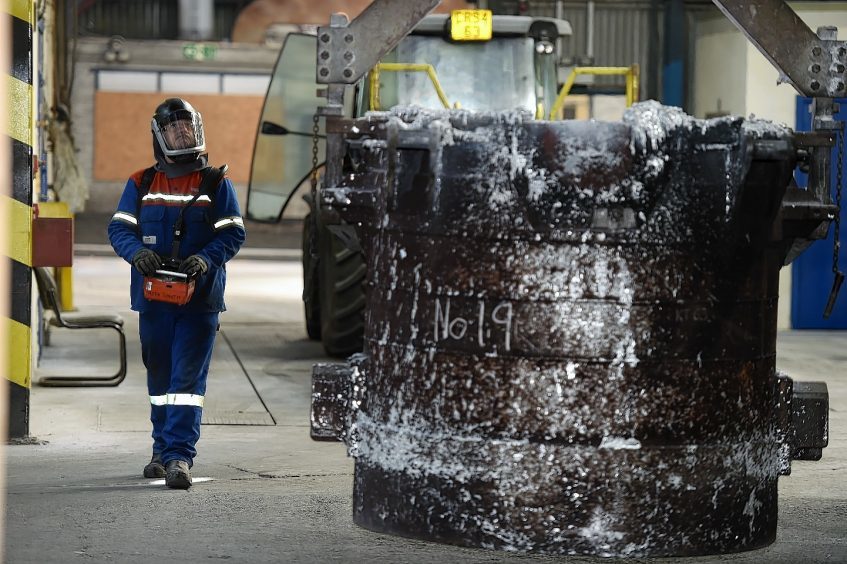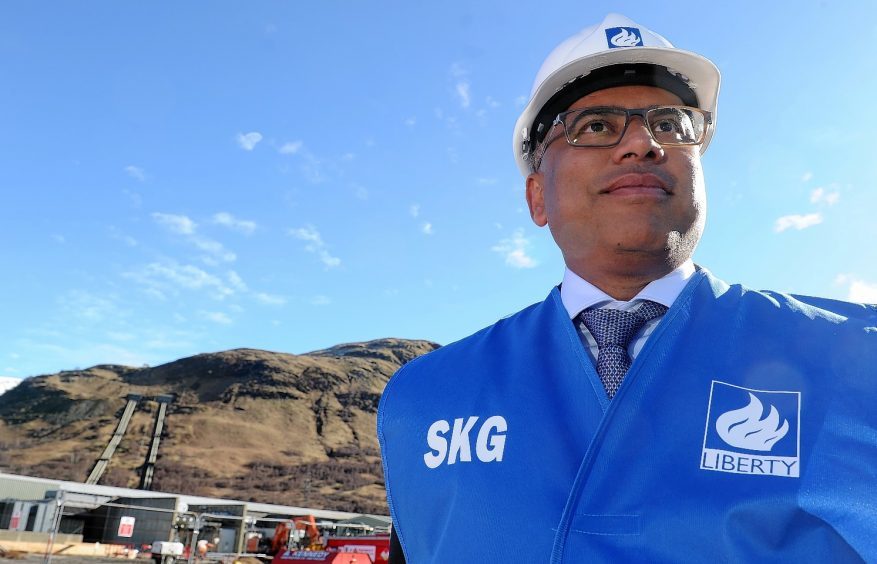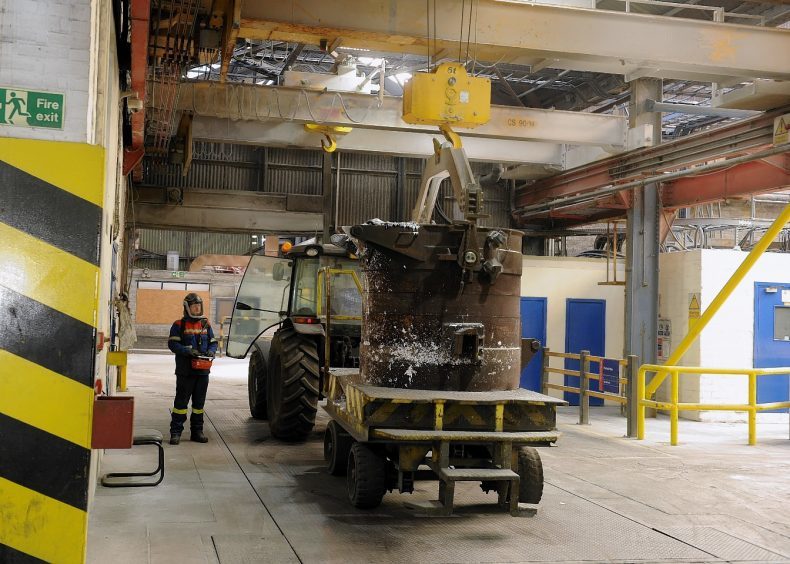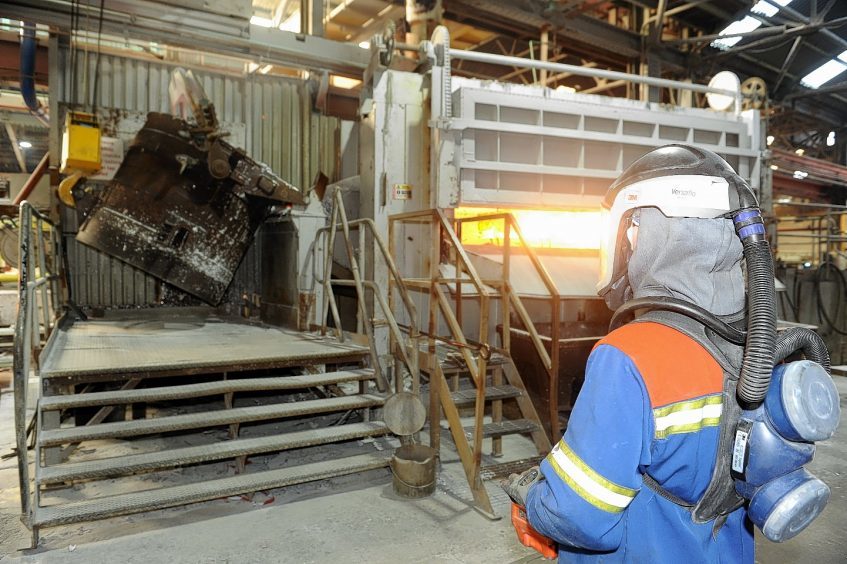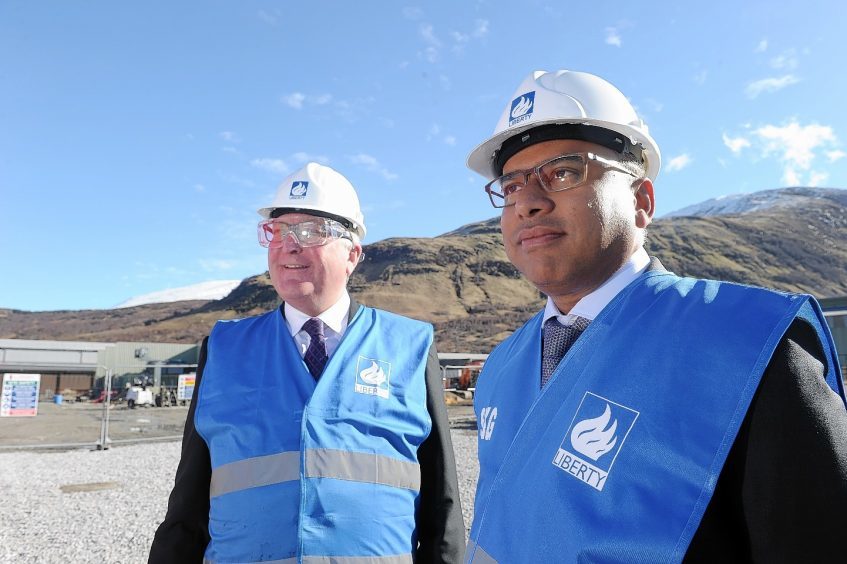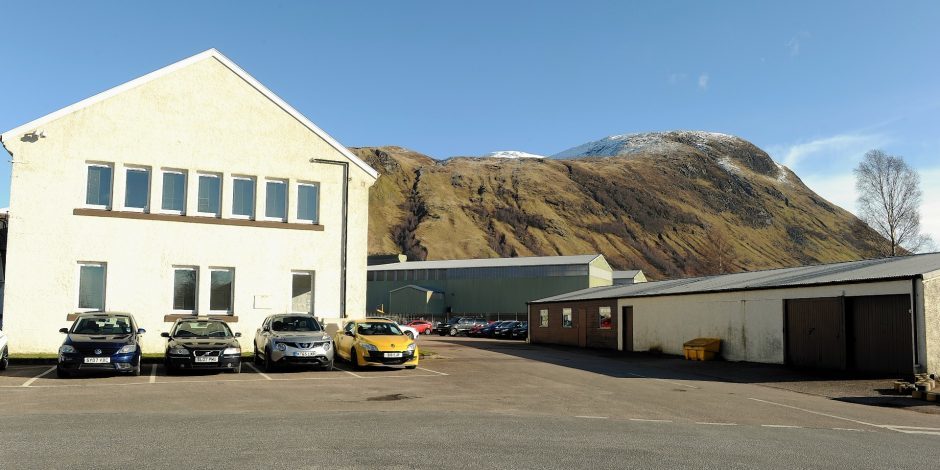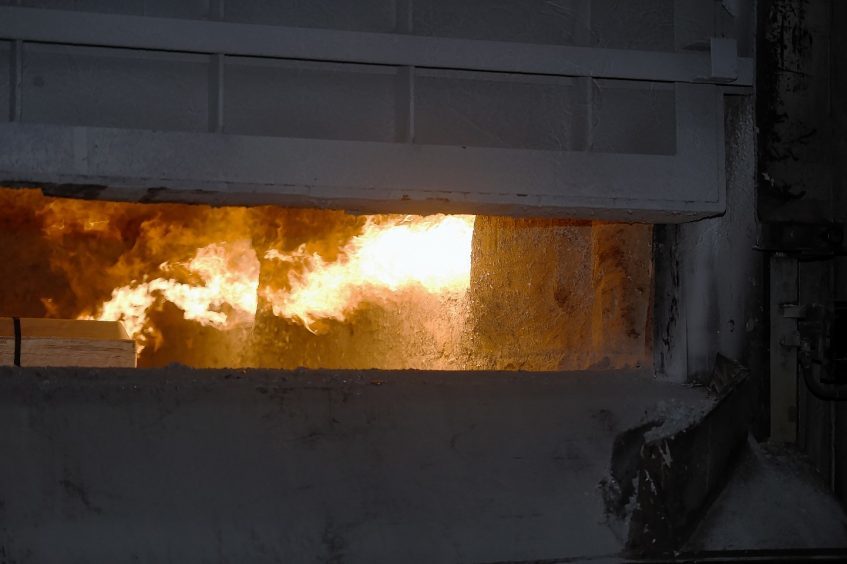Mainland Highland’s biggest single business project has kick-started a new industrial revolution promising 2,000 jobs, hundreds of new homes and massive economic spin-off.
The man behind it said yesterday that his vision – which rescued the UK’s last aluminium smelter – should be fully operational at Fort William within two years and generate £1billion for the local economy within a decade.
Indian steel billionaire Sanjeev Gupta spent £330million buying the former Rio Tinto plant last December along with two associated hydro power-stations, saving 170 jobs in the process.
He intends to transform the site into a unique factory – the only one of its kind in the UK producing alloy wheels for the motor industry.
With a first-phase investment of £120million, resulting in a total outlay of £450million, makes it the second largest financial injection in the north, after only the Beatrice offshore wind scheme.
Wheel production and an aluminium rolling mill will provide almost 1,000 jobs while as many indirect jobs could also be created as a result of his family business’s investment.
A symbolic start of a new “green energy” production unit at the smelter yesterday afternoon marked the beginning of a new era for the 1920s-built site.
With Fort William bathed in spectacular sunshine, newly-installed £10million bio-fuel energy generating units were switched on by Mr Gupta and Rural Economy Secretary Fergus Ewing to mark the moment.
Mr Gupta, executive chairman of the GFG Alliance group of companies, including Liberty British Aluminium and Simec Lochaber Power, revealed that he made the initial approach for the site after asking Mr Ewing what he knew of the plant – and that he had since been smitten with “breathtaking Lochaber”.
Speaking at the smelter, he said: “One of the key reasons we invested in the Highlands was because people welcomed us here.
“That’s been reinforced by the positive response of the many agencies in the new Lochaber delivery group who are eager to play their part in delivering the goal of a clean, competitive and sustainable manufacturing sector in the Highlands.”
He already prevented the loss of the Scottish steel industry last year, saving the Lanarkshire steel plants at Dalzell and Clydebridge, which the group bought from Tata Steel.
His team will work closely with Scottish Government and a host of agencies but with no public grant, “as yet”.
Fresh from chairing the inaugural meeting of the new “delivery group” taskforce, Mr Ewing said: “In all my nearly three decades in politics there’s never been an opportunity that is so comprehensive, so ambitious and so exciting.
“I’ve never come across a venture which has been greeted with such uniform support and approval as this one.”
Highland Council planning director Stuart Black, another panel member, said: “This is one of the biggest industrial investments in the Highlands ever. It’s a significant day for Lochaber.
“Locally, you have to go back to the 1960s and the development of the papermill but even that is dwarfed by this project.
“The vision here, around green energy, is significant. At the moment we export a lot of electricity south. It would be great to harness it locally and that’s what this project’s about – taking the energy of the Highlands and creating manufacturing wealth locally.”
Mr Gupta said the priority was to create jobs for local workers but that some qualified employees would also be recruited from elsewhere.
The University of the Highlands and Islands seems set to gain from the deal – and contribute to it by hosting facilities for some of the new job training.
Spokesman Michael Foxley said: “We’re looking for funding to come from the government, through Highlands and Islands Enterprise, and from companies like Liberty. They’ll have a major training need and we’re looking for a major financial contribution towards it.”
